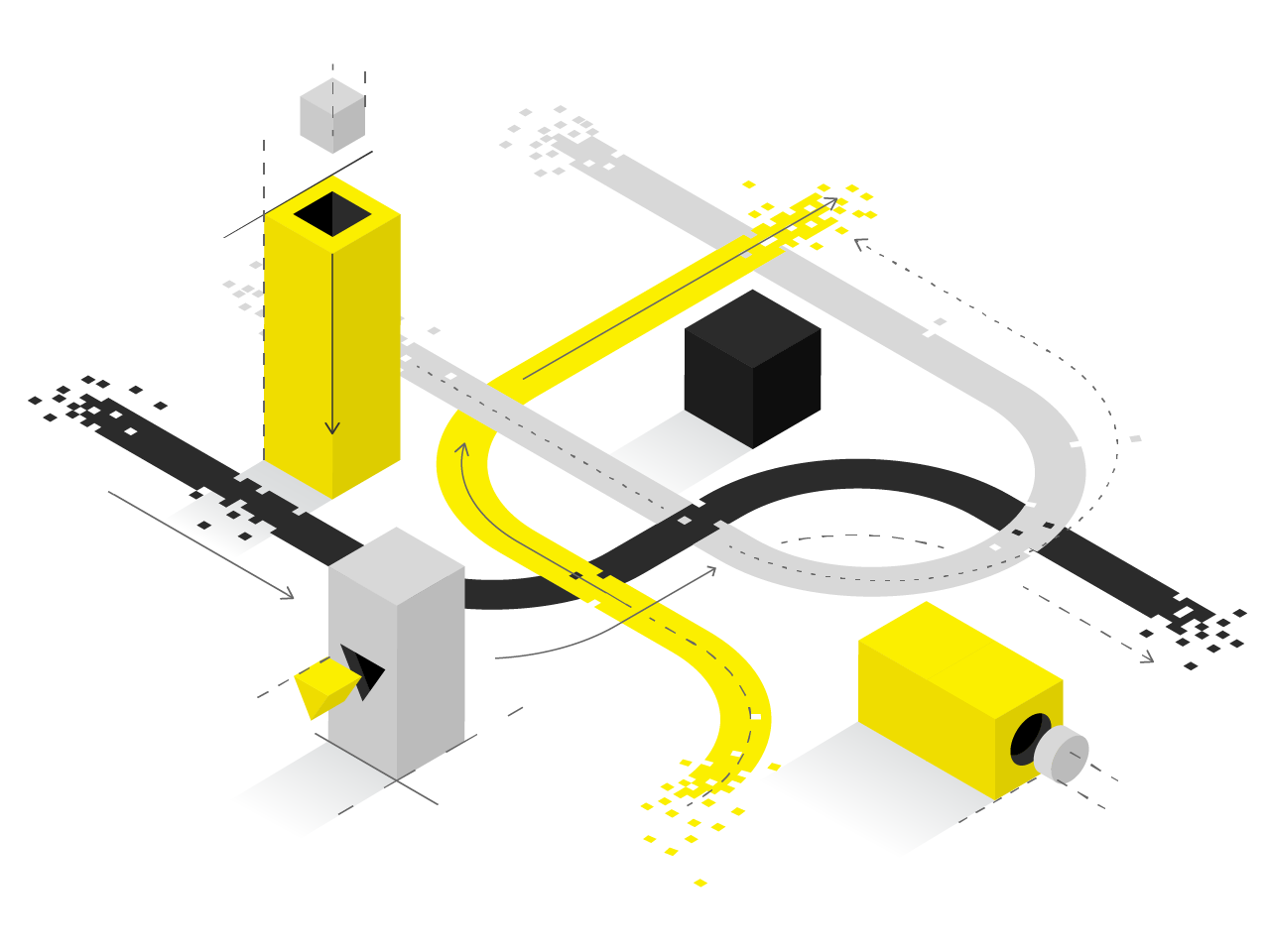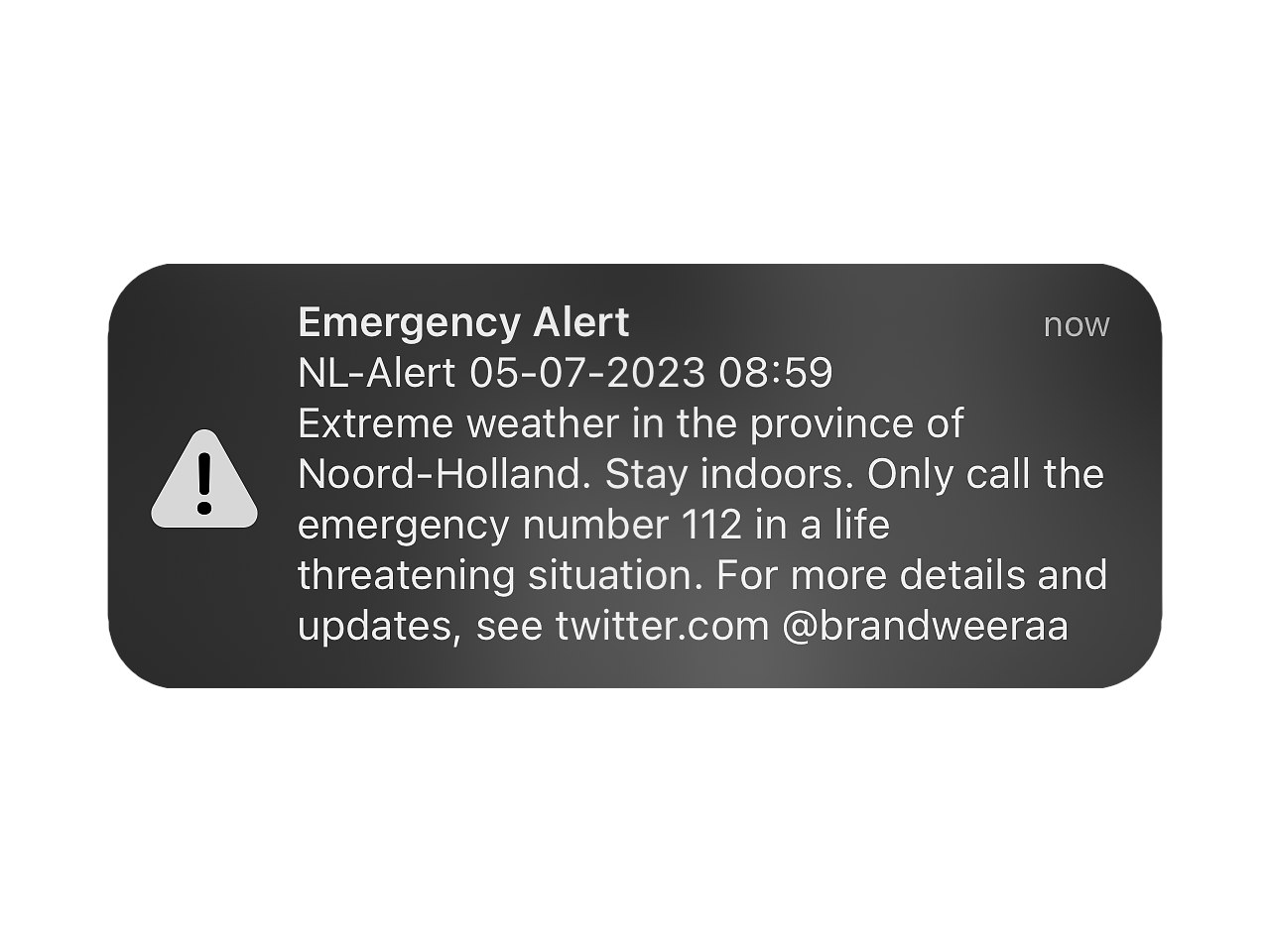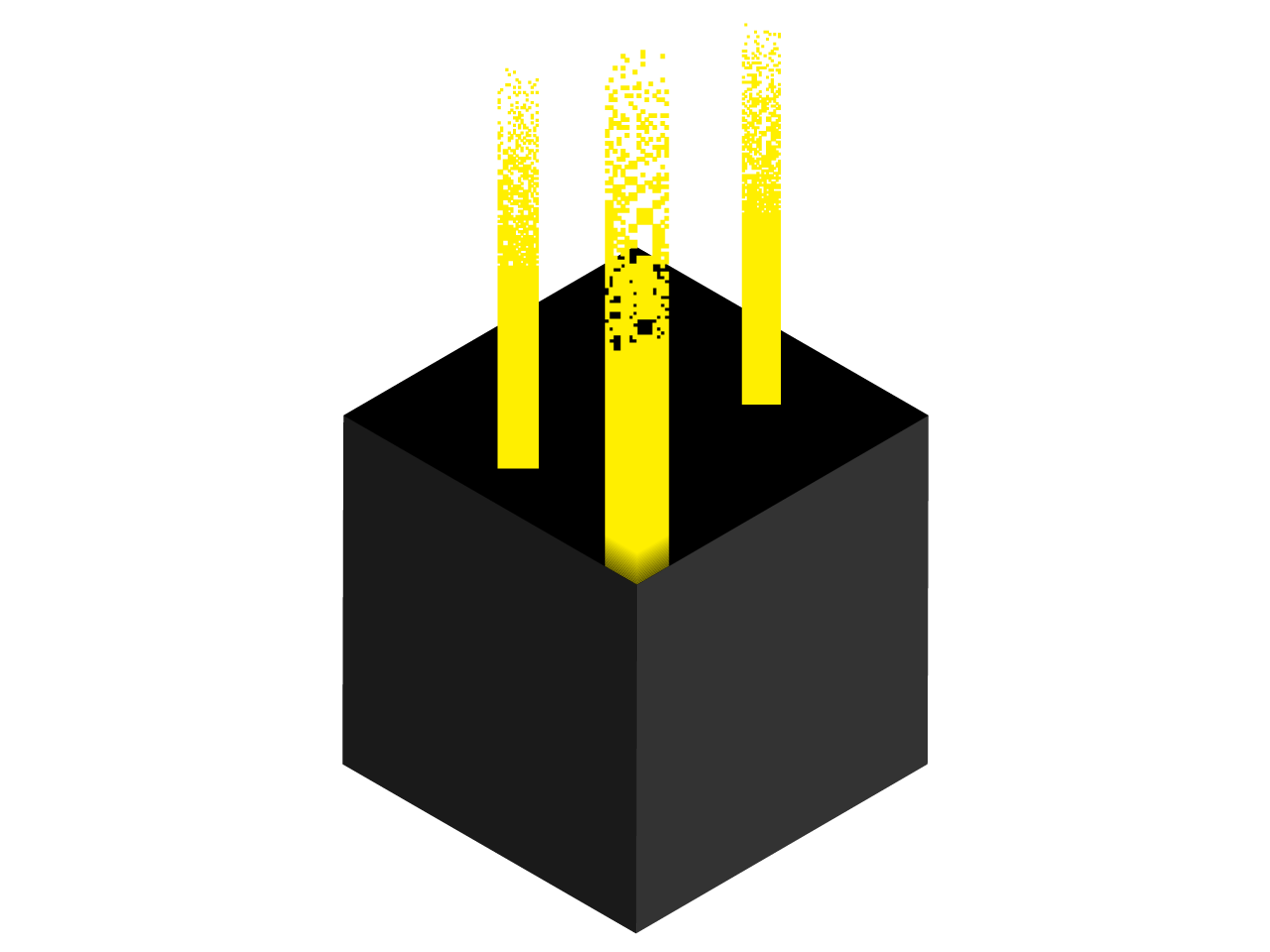Timeline

At Open Future we have been critical of the European Commission's plans to make Big Tech pay Europe's big telecom companies to supposedly contribute their "fair share" to the costs of deploying network infrastructure. Later this month, the Commission will present its "Connectivity Package on Digital Networks and Infrastructure", which is expected to include a proposal for a Digital Networks Act, likely to be based on the telecom’s "fair share" proposal.
In light of this, it is good to see that we are not alone in opposing the idea of making one highly concentrated industry pay into the pockets of another in a way that would fundamentally undermine the principle of net neutrality. Last week - in a podcast interview - Laure de la Raudière, the president of the French telecom regulator Arcep, acknowledged that other EU countries do not support the senders-pay (a.k.a. fair share) principle. In her view, there is currently no market failure that needs to be addressed through regulation.
Perhaps more interesting is what she proposed instead. According to EURACTIV:
... she submitted the idea to “encourage accountability” of Big Tech on their environmental impact. Explaining that end nodes account for 80% of the environmental impact of digital, she pointed out that Big Tech should be held accountable for pushing citizens to use metaverse applications of very high-definition movies, which encourage people to renew their endpoints, leading to a more significant environmental impact. De la Raudière concluded that there should be a thorough analysis of possible side effects but that a new environmental tax should be considered.
And while De la Raudière seems primarily concerned with the environmental impact of consumer endpoints, this more explicit thinking about the environmental impact of technology policy fits nicely with our own ideas about ICT Energy Sustainability.
My sense after this meeting was that Facebook are seriously interested in integrating Threads with the Fediverse. They do not want to crush the Fediverse. They perhaps think the future is a few large companies maintaining clients in a shared social space, where there’s also a long tail of other independent clients. This is going to weird out a bunch of people but it’s a goal I also share, so I’m okay with that. It’s worth saying that I want this world because I think it is a realpolitik alternative to one large company owning everything. I think a multi-client/company/instanced system like this would be better than now and solve a bunch of problems. But is it the utopian vision of how the world could be if we didn’t live in quite such an extractive system? Nope.This assessment is pretty much in line with our current thinking, which sees interoperability between commercial social media platforms and services rooted in the Digital Public Space as a positive development that will ultimately strengthen the open web. P.S. In Personal blogs are where tech news happens, Anil Dash makes the interesting observation that Tom Coates' report is in itself a sign of the Renaissance of the Open Web he predicts.








